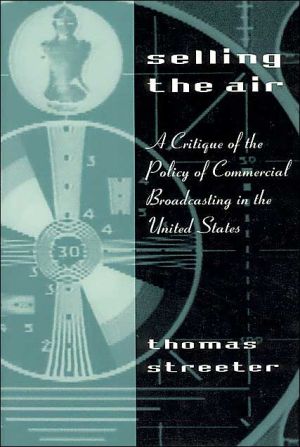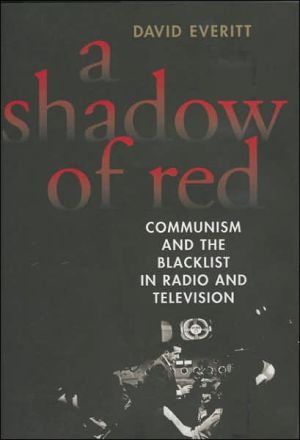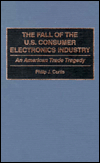Selling the Air: A Critique of the Policy of Commercial Broadcasting in the United States
In this interdisciplinary study of the laws and policies associated with commercial radio and television, Thomas Streeter reverses the usual take on broadcasting and markets by showing that government regulation creates rather than intervenes in the market. Analyzing the processes by which commercial media are organized, Streeter asks how it is possible to take the practice of broadcasting--the reproduction of disembodied sounds and pictures for dissemination to vast unseen audiences--and...
Search in google:
In this interdisciplinary study of the laws and policies associated with commercial radio and television, Thomas Streeter reverses the usual take on broadcasting and markets by showing that government regulation creates rather than intervenes in the market. Analyzing the processes by which commercial media are organized, Streeter asks how it is possible to take the practice of broadcasting—the reproduction of disembodied sounds and pictures for dissemination to vast unseen audiences—and constitute it as something that can be bought, owned, and sold.With an impressive command of broadcast history, as well as critical and cultural studies of the media, Streeter shows that liberal marketplace principles—ideas of individuality, property, public interest, and markets—have come into contradiction with themselves. Commercial broadcasting is dependent on government privileges, and Streeter provides a searching critique of the political choices of corporate liberalism that shape our landscape of cultural property and electronic intangibles. Booknews A sociological look at how the creation and maintenance of American commercial radio and television has been shaped by ideas about markets, property, individuals, social process, politics, work, and the home. Not an attack on commercial broadcasting, but an inquiry into the conditions under which the technical process of disseminating disembodied sounds and pictures can become a commodity to be bought, owned, and sold. The treatment also reflects on the meaning of the ideas that are so manifest. Paper edition (unseen), $16.95. Annotation c. Book News, Inc., Portland, OR (booknews.com)
AcknowledgmentsIntroduction1The Fact of Television: A Theoretical Prologue32Liberalism, Corporate Liberalism223A Revisionist History of Broadcasting, 1900-1934594Inside the Beltway as an Interpretive Community: The Politics of Policy1135Postmodern Property: Toward a New Political Economy of Broadcasting1636"But Not the Ownership Thereof": The Peculiar Property Status of the Broadcast License2197Broadcast Copyright and the Vicissitudes of Authorship in Electronic Culture2568Viewing as Property: Broadcasting's Audience Commodity2759Toward a New Politics of Electronic Media309Index329
\ BooknewsA sociological look at how the creation and maintenance of American commercial radio and television has been shaped by ideas about markets, property, individuals, social process, politics, work, and the home. Not an attack on commercial broadcasting, but an inquiry into the conditions under which the technical process of disseminating disembodied sounds and pictures can become a commodity to be bought, owned, and sold. The treatment also reflects on the meaning of the ideas that are so manifest. Paper edition (unseen), $16.95. Annotation c. Book News, Inc., Portland, OR (booknews.com)\ \







